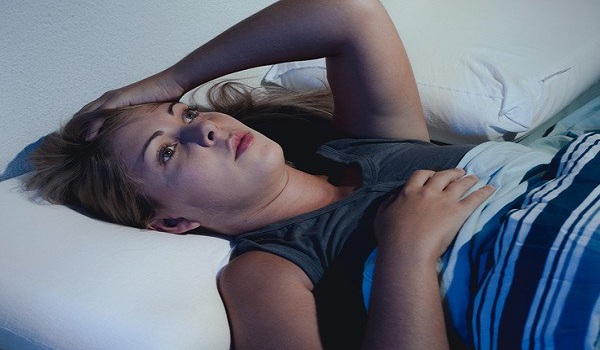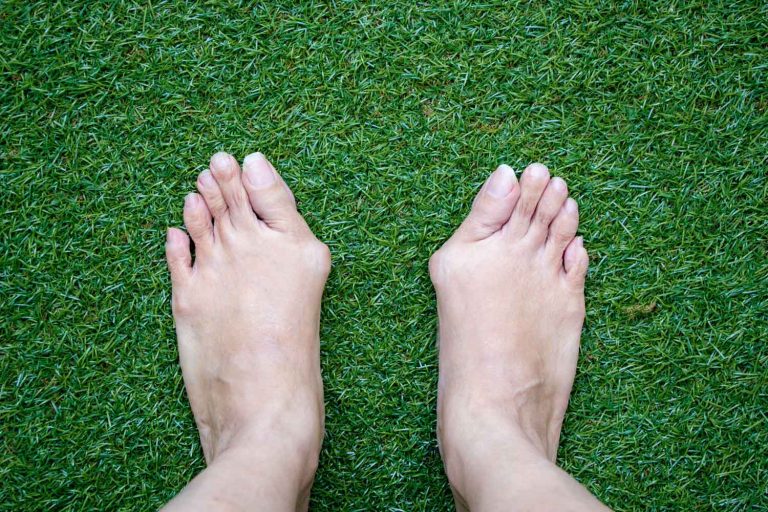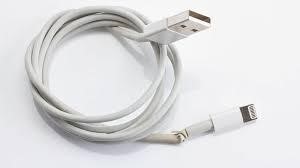Consider talking to a doctor or healthcare professional about potential health issues that may contribute to your sleep problems.
The following tips from new online casinos can help you get the right amount of shut-eye each night:
1. Get Into a Routine
It may seem simple, but one thing you can do is set a bedtime and wake time for yourself. This can help your body create its own schedule, thus helping you avoid sleeping too much or too little. You can also work on setting your body up for a perfect night’s sleep by creating a routine before you go to bed. Doing relaxing activities can calm your body and mind and help them prepare to rest — a valuable practice if you suffer from any form of sleep anxiety. Anything from reading to having a warm shower or bath can help you relax and unwind.
2. Create the Perfect Sleep Environment
Being able to fall asleep at your desired bedtime can also help you wake up at your desired time, as you’ll be getting the right amount of sleep for your body. By creating an environment primed for sleep, you can encourage your body and brain to relax, which can help you fall asleep easier. If you want to get better sleep, making sure the room is dark is essential. If it’s noisy, you may want to use earplugs or a sound machine to filter out background noise. You’ll also want to be aware of the temperature of the room. If it’s too hot or too cold, chances are you won’t fall asleep very well (or stay asleep). You can prepare your room to be at a comfortable temperature by changing your thermostat an hour or more before bed, or by investing in a new pair of sheets to better fit your needs, courtesy of best Australia online casino.
3. Keep a Sleep Journal
Sleep journals are an excellent way to track how you sleep under different circumstances. By writing down details about your surroundings or activities before falling asleep, you can better assess what you should change or keep the same.
4. Avoid Oversleeping on the Weekends
We know — sleeping in on the weekends can sometimes feel like a mini vacation. However, sleeping longer than normal on the weekends can be detrimental to your sleeping routine and health. A study by the American Heart Association found that those who spend their weekend catching up on sleep for two or more hours are more likely to have poor cardiovascular health than those who don’t try catching up on sleep.
5. Put Technology Away
Putting your technology away before bed can also help you stop oversleeping. Harvard Health Publishing by Harvard Medical School recently shared an article about the negative effects of blue light in technology on sleep. They explain how light of any kind poorly affects the production of melatonin — a hormone produced to control the sleep-wake cycle — but blue light, in particular, does so even more powerfully. Putting technology away before bed is one step to knowing how to sleep less and better.













+ There are no comments
Add yours